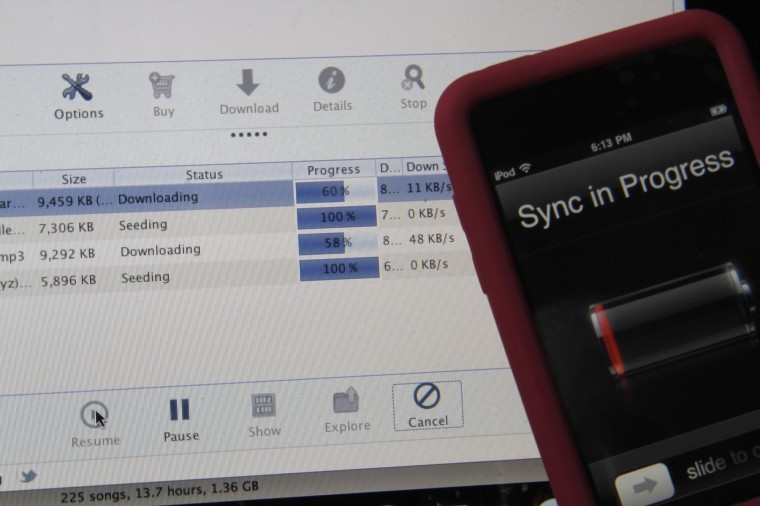Campus online piracy may cause legal penalties for students
March 7, 2012
At NIU, 200 to 400 students per year are caught pirating materials from the Internet, according to Jim Fatz, Director of Information Security and Operations.
According to the ITS Copyright and File Sharing page, if a student uses NIU’s network to download or share copyrighted material, he or she is violating NIU policies and may face legal penalties and/or network termination.
“NIU uses a third-party to scan the network to find any users who may be using file sharing programs to download illegally,” Fatz said. “Then the university receives legal notices from companies if they find that a student has downloaded their copyrighted material illegally.”
Other sites are harder to scan by third-party companies for pirated materials, including cloud-based sites like Mediafire. These sites are technically legal, but still have the potential to host illegal materials.
“Cloud-based services are much more difficult to assess from a security standpoint,” Fatz said. “Any time that you have copyrighted materials you have a risk.”
Illegal use of other programs, like Bittorrent and µTorrent, can also violate copyright laws and put students and NIU at risk of fines and penalties. If students use file sharing programs, they can lose their on-campus Internet access and face a lawsuit from the copyright owner of the materials downloaded.
There are legal alternatives to these programs for students.
“We are required by law to provide students with safe alternatives where they can download music or other materials legally,” Fatz said.
One site listed on the ITS page is Birdtrax, which provides legal downloads of songs, television shows and movies.
Some students have found that downloading at NIU is risky and prefer to manage their MP3s at home in order to avoid these third-party scans.
“I usually just download music whenever I go home because I’m scared to get in trouble here on campus,” said freshman undecided major Liz Schmidt.
Other students follow the same trend by using services like Spotify, Pandora and YouTube to stream music and other materials at their leisure, rather than downloading files to their computer.
“I always just go on YouTube when I feel like listening to something,” said freshman undecided major Apoorva Murthy. “It’s easier to listen to a song when I want just by looking it up instead of downloading a bunch of different albums to my computer.”







